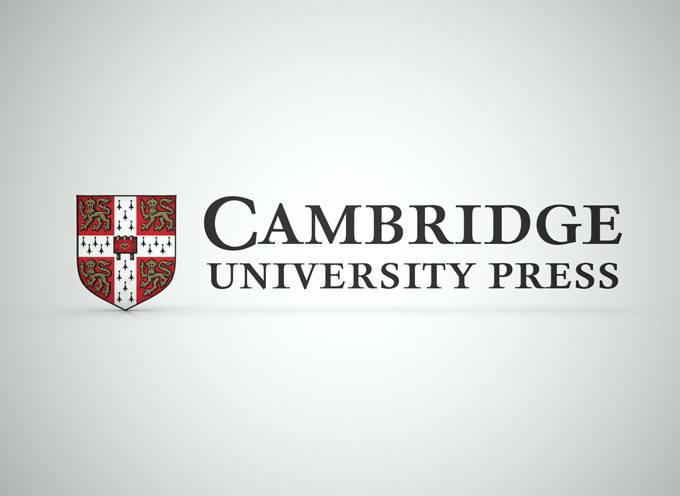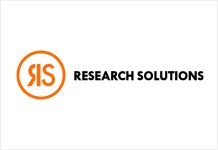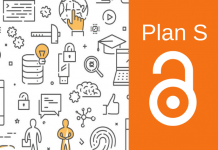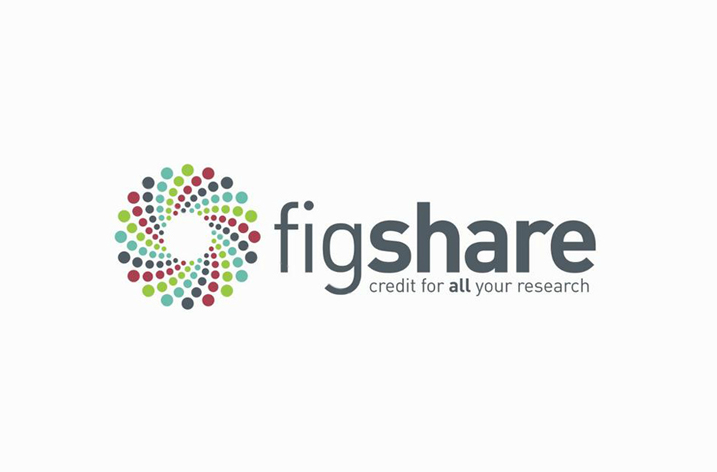
Growth in digital helped Cambridge University Press serve its global customers and successfully navigate the pandemic ahead of its integration with Cambridge Assessment
- Report covers the 15 months leading up to its integration with Cambridge Assessment to become Cambridge University Press & Assessment
- Rapid increase in use of digital products and services helped to deliver a robust financial performance
- Showcases how the organisation worked with Cambridge Assessment to help teachers, learners and researchers around the world navigate the disruption caused by COVID-19
Cambridge University Press recorded a robust financial performance ahead of its integration with Cambridge Assessment in August this year, driven by its investment in innovative digital products and services to serve its global customer base.
In its last annual report, covering the 15 months from May 2020 to July 2021 and published this month, the Press recorded rapid growth in digital sales – partly driven by the pandemic – which helped to mitigate the impact of Covid-19 on revenues.
Sales were £384 million in the period, compared with £336 million in the 12 months of 2019/20. The reporting period was longer than usual as the Press adjusted its financial year-end to match the rest of the University of Cambridge, including Cambridge Assessment.
Operating profits in the 15-month period were £20.7m compared to £23.6m in the 12 months of 2019/20, with the strength of the pound against a number of other currencies holding back revenues and profits.
Peter Phillips, the Chief Executive of Cambridge University Press & Assessment, said: “This report covers a period of extraordinary challenges and achievements, starting as the full force of the pandemic hit customers and colleagues, and ending positively as we came together as a single organisation with Cambridge Assessment.
“Our achievements included a significant acceleration in our shift to delivering products and services digitally to meet the needs of teachers, learners and researchers around the globe, with customers dramatically increasing their use of our online platforms.”
He added: “Ahead of our formal integration we also delivered on important projects to deepen the partnership between the two organisations.”
Key elements included the launch of:
- online and digital projects focused on improving reach and flexibility, such as Cambridge GO!, which consolidates access to all of our digital Education services, alongside IELTS Indicator, Test & Train and English Adventures for English language learners, computer-based versions of our popular occupational English tests, and powerful digital platforms to drive greater open access for researchers
- the formation of the Cambridge Partnership for Education, which advises governments and non-governmental organisations on education reform
- and the launch of new curriculum and learning materials for primary and lower secondary students.
Peter Phillips said: “It is significant that the increasing move to digital played such a big part in the story of those 15 months. The pandemic quickened the uptake of digital learning, accelerating a shift that was already well underway.
“The revolution in digital communications saw the Press and Cambridge Assessment evolve naturally into shared territory to meet the needs of teachers, learners and researchers, and as a single organisation we can offer customers the full range of products and services they want from Cambridge.”
He added: “Cambridge University Press & Assessment embodies the core strengths of both the Press and Cambridge Assessment – commitment, passion, skill and creativity. Those qualities have been clearly in evidence in our response to the pandemic and the performance recorded in this annual report is further testament to that.”



























